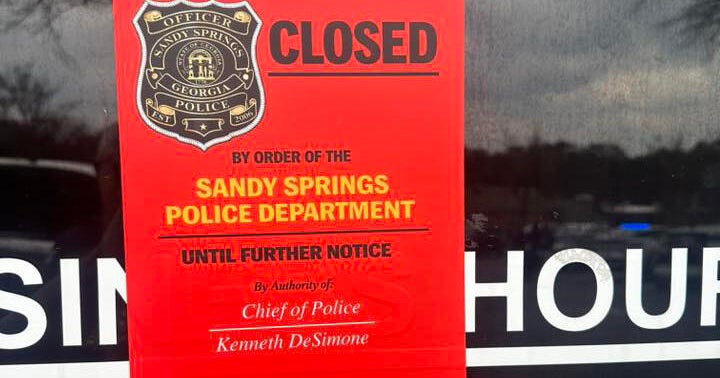NYC To FDA: End Restriction On Blood Donations From Men Who Have Sex With Men
NEW YORK (CBSNewYork) -- The New York City Department of Health & Mental Hygiene is asking the Food and Drug Administration to change its policy on accepting blood donations from men who engage in sexual activity with other men.
Under current FDA rules, men who have had sexual relations with another man are prohibited from donating blood for 12 months after their sexual interaction.
The Heath Dept.'s request, backed by Commissioner Mary T. Bassett, Human Rights Commissioner Carmelyn Malalis and Citywide Administrative Services Commissioner Lisette Camilo, ask the FDA to lift this ban in favor of evidence-based screening processes to determine donor eligibility.
"Banning men who have sex with men from donating blood is an outdated and discriminatory policy," Malalis said in a statement Wednesday. "Replacing the FDA's current blood donation policy with a new evidence-based screening process is not only long-overdue, but will ensure the safety of blood donations, encourage more people to donate, and contribute to the saving of more lives."
Bassett told WCBS 880's Rich Lamb that "science guides us, not stigma."
"We're calling on the FDA to handle blood donations for men who have sex with men the same way they do for all of us. By assessing behavior, and not making a judgement based on identity," she said.
In lieu of the ban, the DOH has proposed a three-step screening process applied to all blood donors, regardless of sexual orientation, gender or gender identity. The process would include questioning the prospect on their prior sexual activity and possible intravenous drug use, as well as offer HIV testing for those who may be at risk.
"The blood-donation questionnaire must not judge potential donors on their sexual orientation, but rather risk-based behaviors. This change is long overdue, and would help to save the lives of more than a million people across our nation." Congresswoman Carolyn Maloney said in a statement Wednesday.
The DOH states that any individual who has tested positive for HIV or has used a syringe not prescribed by a doctor should be excluded as a potential donor.
According to DOH officials, the change in policy would allow an estimated 360,000 men to to donate up to 615,300 additional pints of blood annually, leading to a potential two-to-four percent increase in the nation's total annual blood supply.







